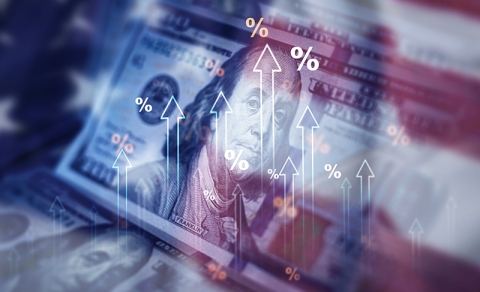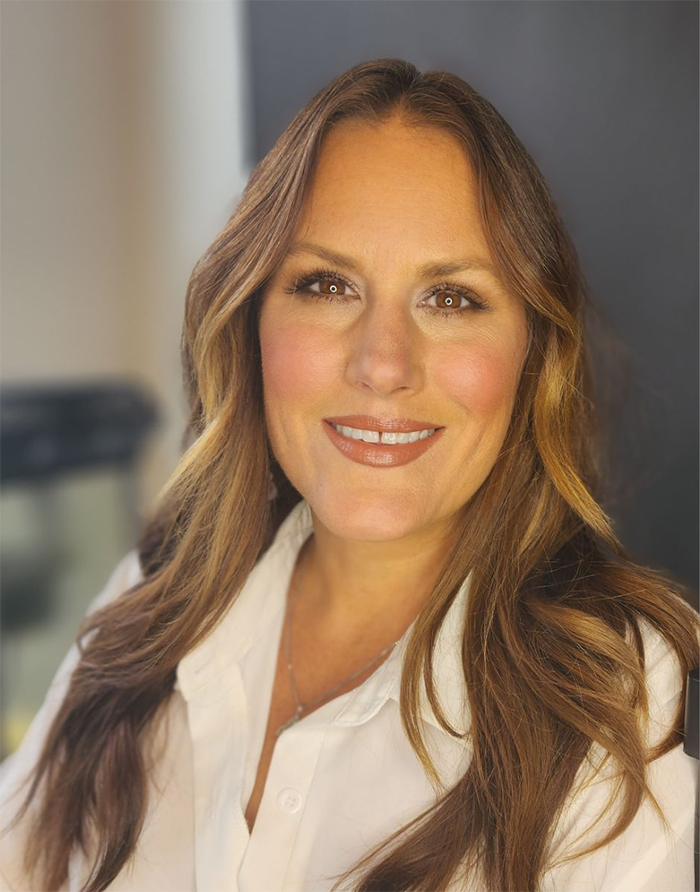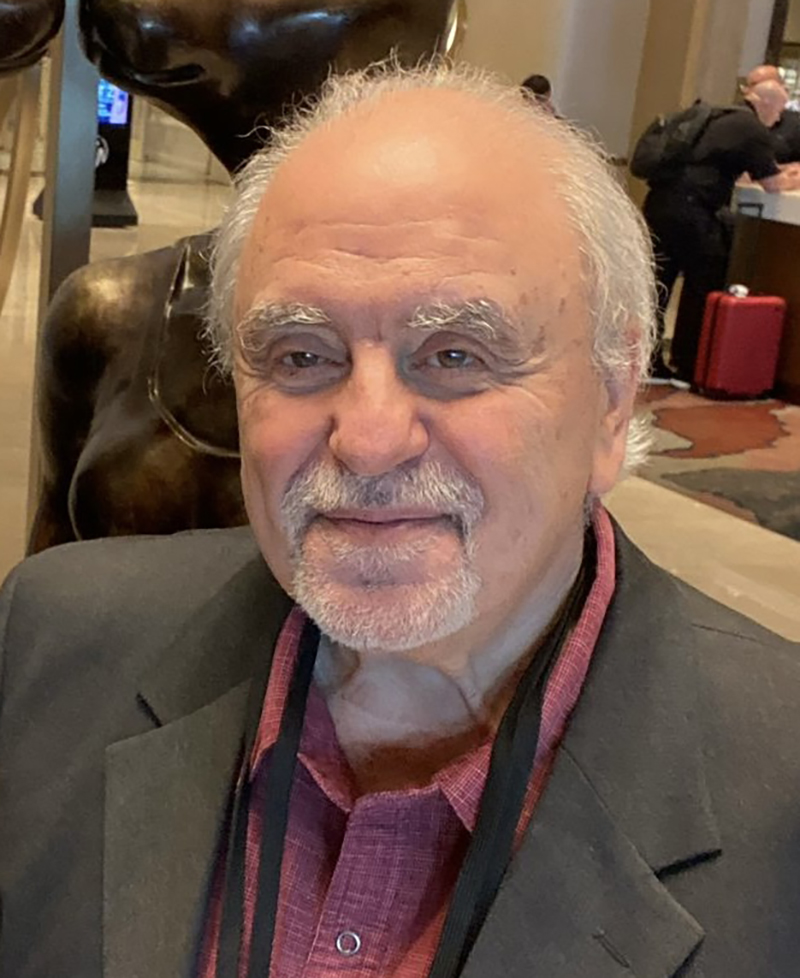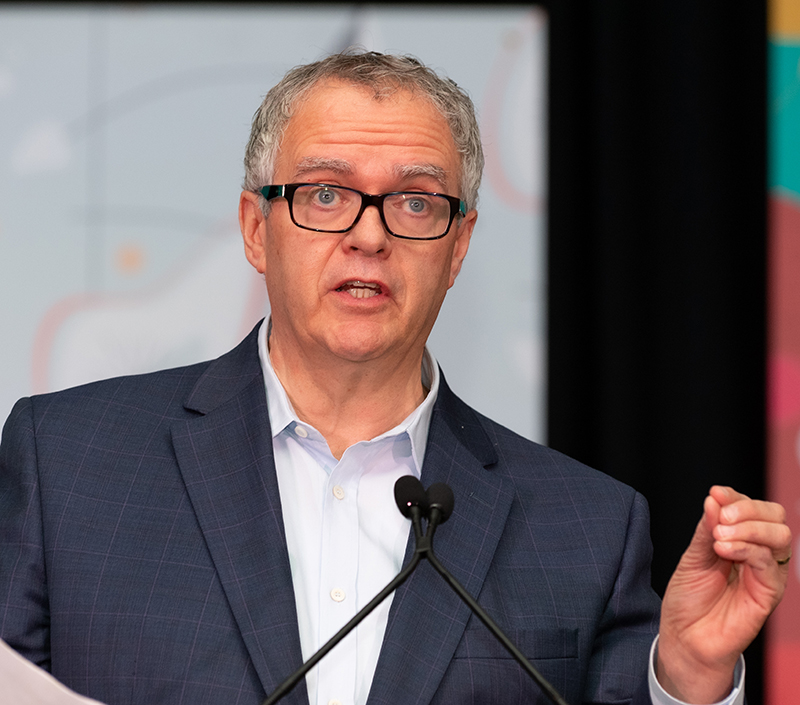How Will the Tariffs Impact Business Events? Industry Experts Weigh In

Both consumers and the stock market have been experiencing whiplash lately over President Donald Trump’s proposed tariffs.
He recently announced a 90-day pause for countries that were hit by higher U.S. tariffs on April 2, saying that, as of right now, they will only face a blanket tariff of 10%, except for China, whose tariffs have been raised to 145%. This is in addition to the levies that were already imposed on Mexico and Canada earlier in the year.
The back-and-forth has created a level of uncertainty for the global meetings sector that hasn’t been felt since COVID.
The tariffs are expected to increase the costs of materials used at trade shows, such as audiovisual equipment, modular display systems, and promotional items, as well as cause declines in event participation as international attendees reconsider their visits to the U.S. amidst the trade war.
So, what can the industry do to advocate for itself during this unprecedented time? We asked some show organizers and top officials at various organizations for their insights – here’s what they had to say.
Hervé Sedky, president and CEO of Emerald and chair of the Exhibitions & Conferences Alliance’s Board of Directors:
 "Tariffs and other trade barriers present broad challenges across the global economy, underscoring the strategic value of in-person events as trusted environments for connection, clarity, and commerce in uncertain times.
"Tariffs and other trade barriers present broad challenges across the global economy, underscoring the strategic value of in-person events as trusted environments for connection, clarity, and commerce in uncertain times.
Our industry has consistently demonstrated its ability to adapt and thrive amid complexity, which is why we strongly support the Exhibitions & Conferences Alliance (ECA) and its efforts to ensure that strength endures. Trade policies that create barriers can impact the ability of live events to fuel growth—particularly for small businesses that power both our industry and the broader U.S. economy. At Emerald, we remain committed to working with our industry peers to ensure that trade policy enhances—not hinders—the competitiveness, inclusivity, and global reach of the U.S. business events sector."
Marsha Flanagan, M.Ed., CEM, president and chief executive officer of the International Association of Exhibitions and Events (IAEE):
 “Generally speaking, any proposed tariffs will drive up expenses for everyone involved in business-to-business exhibitions and events—from organizers and exhibitors to attendees. This burden will fall especially hard on small businesses, which make up the vast majority of companies in the industry (99%) and represent four out of five exhibitors.
“Generally speaking, any proposed tariffs will drive up expenses for everyone involved in business-to-business exhibitions and events—from organizers and exhibitors to attendees. This burden will fall especially hard on small businesses, which make up the vast majority of companies in the industry (99%) and represent four out of five exhibitors.
It’s important that professionals work together to communicate the value that our industry brings to the U.S. and global economy. The best way to do this is to share their concerns with their policymakers through the Exhibitions & Conferences Alliance’s Advocacy Network Action Center. IAEE remains committed to collaborating with its members, partners, and influential stakeholders in Washington, D.C. to champion trade policies that enhance the competitiveness of the U.S. business and professional events sector.”
Julie Kagy, CEM, executive director of the Exhibition Services & Contractors Association (ESCA):
 "The latest round of tariffs has the potential to significantly increase costs for both U.S. and international exhibiting companies—especially those importing structural components, technology, or custom materials. These added expenses could ultimately impact participation levels and limit the ability of companies to showcase their innovations effectively.
"The latest round of tariffs has the potential to significantly increase costs for both U.S. and international exhibiting companies—especially those importing structural components, technology, or custom materials. These added expenses could ultimately impact participation levels and limit the ability of companies to showcase their innovations effectively.
At ESCA, we are closely monitoring these developments and sharing timely insights with our members. We’re also proud to support the Exhibitions and Conferences Alliance (ECA) in their continued efforts to advocate for our industry in Washington. Through ECA, we’re working collectively to ensure policymakers understand how trade policies affect the exhibitions ecosystem—from small business exhibitors to contractors, suppliers, and venues across the country.”
Cherif Moujabber, owner of Creative Expo and Conferences, consultant, and international trade show expert:

“The U.S. is still the largest market in the world in several sectors. Companies that are already in the market cannot vacate just like that. They have invested in developing their client base and need to service that base even by adding the tariffs to their price.”
His advice to show organizers: “Don’t panic! The danger might disappear as quickly as it appeared. In the meantime, be patient and explain to your exhibitors the above and give examples of companies or national pavilions that remain with you. Finally, do what you should always do, work that aging list thoroughly and focus on those who are delaying payments, and if you are lucky to have a solid priority system for location choice, use it subtly but firmly.”
Doug Emslie, chairman of Cuil Bay Capital (representing the Society of Independent Show Organizers):
 "At the end of the day, the trade show industry thrives on free trade, free flow of goods, free flow of people.... We're going to have to adapt. I think that the cost of exhibiting is going to be put under a lot of pressure. I think we're going to have to be more imaginative around the use of technology.
"At the end of the day, the trade show industry thrives on free trade, free flow of goods, free flow of people.... We're going to have to adapt. I think that the cost of exhibiting is going to be put under a lot of pressure. I think we're going to have to be more imaginative around the use of technology.
A good thing that's came out of the pandemic was the formation of the ECA. I think all we can do as an industry is engage as much as possible with our advocacy body. Obviously, we're against tariffs in terms of the impact on the industry, but it's a reality and therefore we've got to understand how we navigate our way through it.”
Vinnie Polito, chief executive officer of the Society of Independent Show Organizers (SISO):
 "It is inescapable that tariffs will impact U.S. tradeshows. It is also important not to overreact. In the last week alone, the ‘to-ing’ and ‘fro-ing’ regarding policy has been nonstop. Trade shows remain the most cost-effective way for international companies to experience U.S. trade events regardless of tariff levels. ... We have already experienced impacts, and our nearest trading partners have lessened their participation in our events. Organizers can perhaps work best with international participants with more flexible terms and conditions on participation that will discourage cancellations until we can assess the impact with more certainty.
"It is inescapable that tariffs will impact U.S. tradeshows. It is also important not to overreact. In the last week alone, the ‘to-ing’ and ‘fro-ing’ regarding policy has been nonstop. Trade shows remain the most cost-effective way for international companies to experience U.S. trade events regardless of tariff levels. ... We have already experienced impacts, and our nearest trading partners have lessened their participation in our events. Organizers can perhaps work best with international participants with more flexible terms and conditions on participation that will discourage cancellations until we can assess the impact with more certainty.
The best way to advocate for the industry will be to get on board with the Exhibitions and Conferences Alliance. You can stay updated on the movements, reach out to your representative to register your opinions, and visit the tariff resource center to stay current with the ever-changing landscape.”
Jeff Quade, president, North America exhibition at GES:
“We are carefully navigating the complexity that tariffs present. Our goal is to have proactive communication with our clients to keep them informed and educated. If their event is impacted, we will work with them on a solution.”
Don’t miss any event-related news: Sign up for our weekly e-newsletter HERE, listen to our latest podcast HERE and engage with us on LinkedIn!


Add new comment